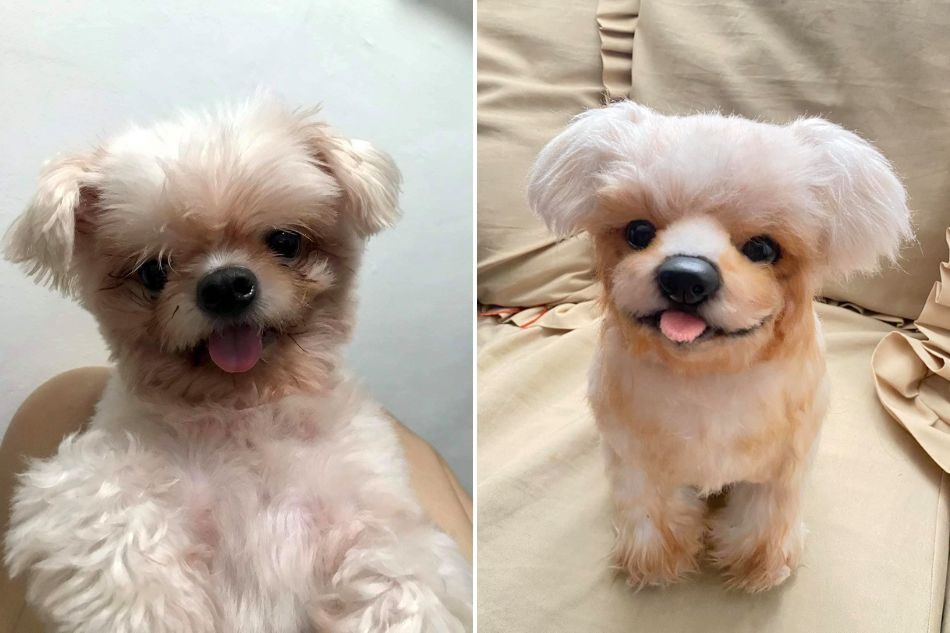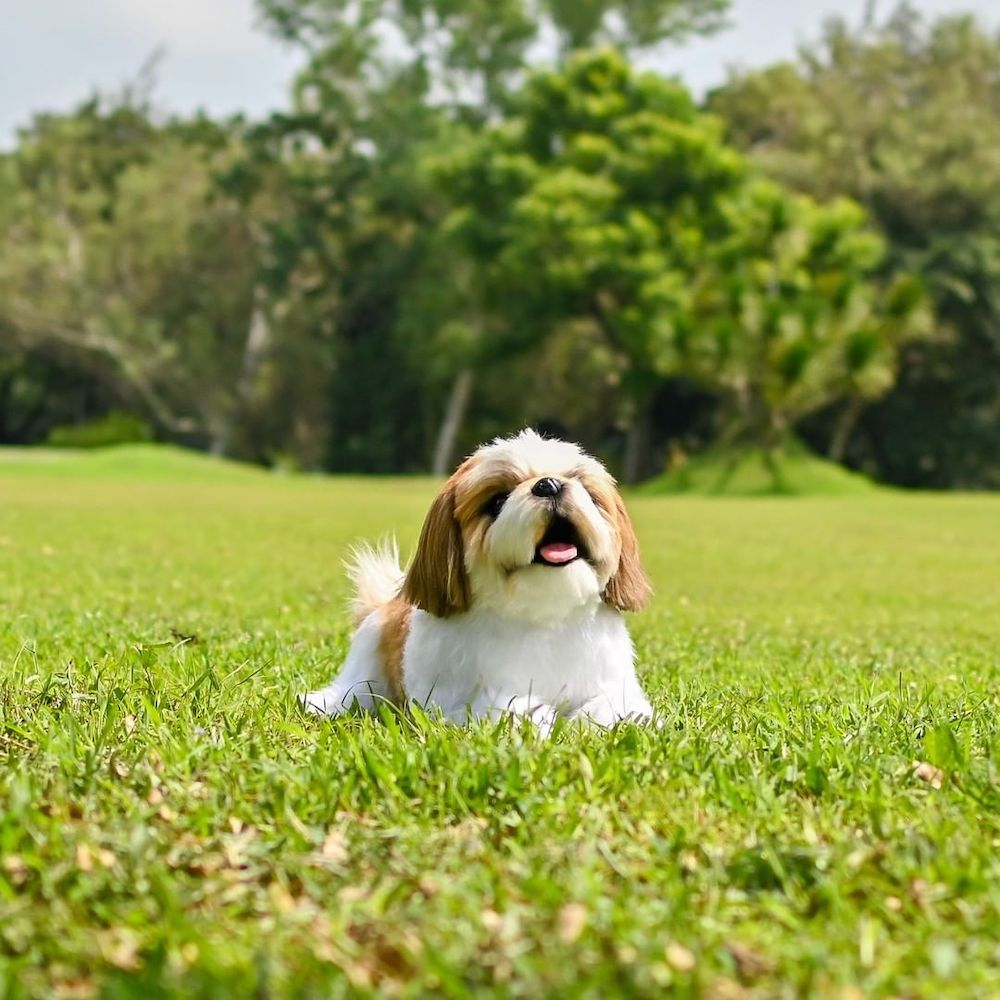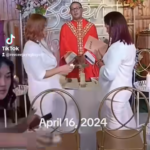Pets provide comfort and delight to many people. Some are even viewed as family members. As a result, losing these cuddly critters is excruciatingly unpleasant. After they die, their people generally have just images and home recordings to hold onto, as well as empty beds and kennels, chew toys, and leashes to remember them by.
The Pampanga Teddy Bear Factory has devised a new method of keeping the departed pet’s presence in his human’s life. The firm creates “plush animal clones” of departed pets. They’re touchable and huggable, and they may be produced in the exact same size as your dearly departed companion.

Tancorp Manufacturing Inc., situated in Clark Freeport Zone, Pampanga, owns the company. Initially, the factory exclusively manufactured clothing and apparel. However, six months into the firm, creator David Tan realized that one of their pattern-makers had some experience producing stuffed toys. Tan began assigning assignments to his employees as a result. This finally compelled the business to produce plush animal clones.
Tan admits that their goods did not appear as realistic at first, but perseverance has only improved them with time. Tan is now sure that the Pampanga Teddy Bear Factory has perfected the skill of creating pet clones. “We’re lucky to have assembled the correct team with the correct skills,” he said.

The process of creating one bespoke plush animal clone begins when a customer gives the design information and criteria, which include animal breeds, pictures, drawings, and dimensions, via their website or Facebook page. Tan’s team will next produce a sample item and quote before producing the personalised stuffed toy.
According to Tan, the facility employs roughly 20 people who create these plush creatures. They start by manually constructing the pattern based on the photographs given by the buyer. The pattern will be used to guide the cloth cutting. Before framing and filling, the fabric pieces would be sewed together. After that, some airbrush magic will be performed to make the “clone” more lifelike. The hair or folds on the skin of the animal clone are the final touches.
A single clone can be completed in one to two days. However, because the factory produces over 100 clones every month, it takes three to four weeks for a consumer to acquire the final item after placing an order. They also provide international shipping.
One clone can be finished in one to two days. But because the factory produces over 100 clones a month, it takes about three to four weeks after placing an order before a customer receives the finished item. They also ship internationally.
The cost of a clone is fixed at P3,500, with an average length of 24 inches. Tan said that if a consumer asks for anything larger, there will be an extra charge.
Aside from several canine and cat species, the facility has also created bunny clones. Depending on the customer’s requirements, the firm is prepared to take practically any type of animal.
The majority of comments on the brand’s official website and Facebook page praise the plush animal clones’ likeness to the customers’ departed pets. Tan says it makes him happy when he sees a new TikTok video or a post on their Facebook page from a happy customer. “We’re reminded of how unique our services are, which is a great motivator,” Tan explains.







